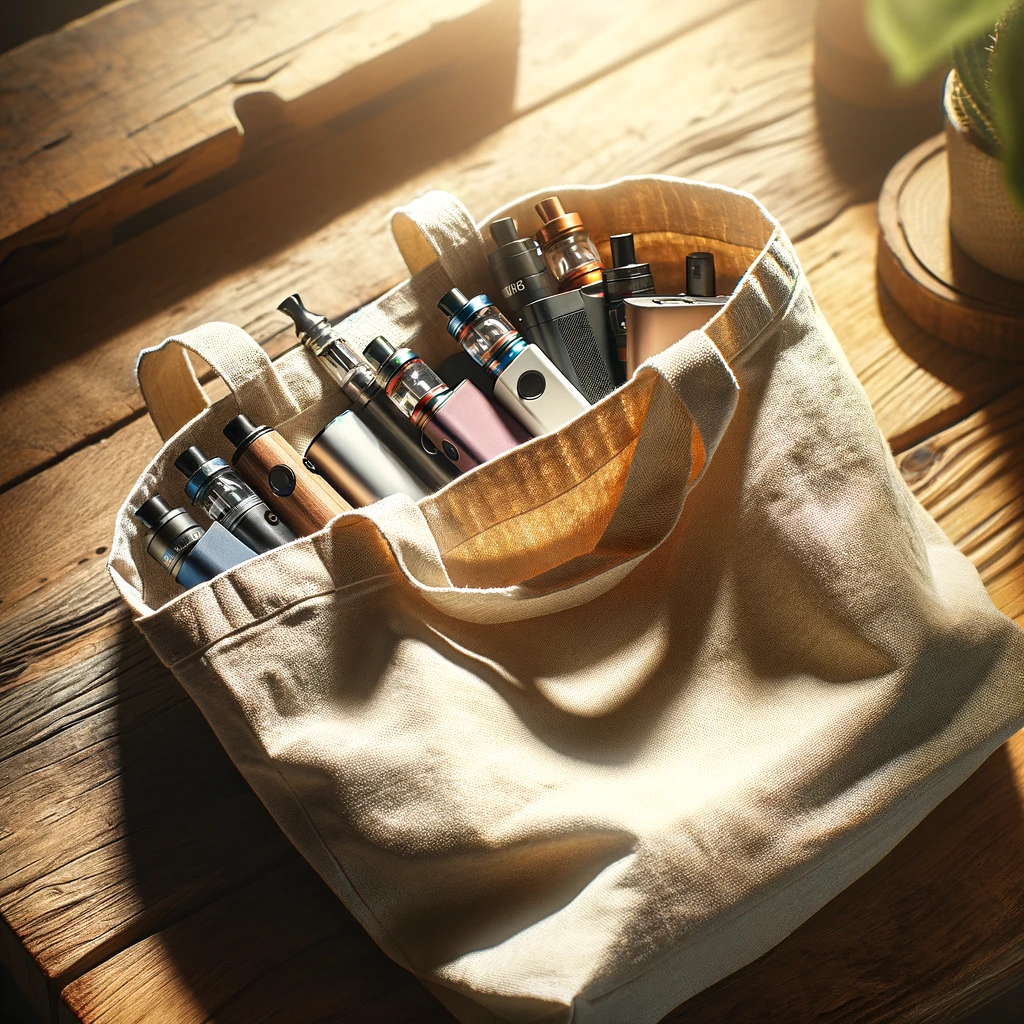The Rise of Illegal Vape Sales on Snapchat: Gloucester Takes Action

In recent news, Gloucester authorities have seized illegal vape products being sold to teens on Snapchat, shedding light on a concerning trend. As vaping continues to surge in popularity among adolescents, the illicit market for vape products has also seen a sharp rise, posing significant risks to the health and safety of young users. This alarming development underscores the need for heightened vigilance and enforcement efforts to combat the sale of illegal vapes to minors.
The prevalence of illegal vape sales on social media platforms like Snapchat has become a growing concern for communities across the globe. With its ephemeral nature and perceived anonymity, Snapchat has become a hotspot for illicit transactions, making it challenging for authorities to track and regulate the sale of age-restricted products like vape pens and e-cigarettes.
Gloucester’s recent crackdown on illegal vape sales serves as a stark reminder of the dangers associated with underage vaping. Studies have shown that vaping among teenagers can lead to a host of health issues, including respiratory problems, nicotine addiction, and even adverse effects on brain development. The unregulated nature of illegal vape products only exacerbates these risks, as they may contain unknown substances or harmful additives that pose serious health threats to unsuspecting consumers.
Furthermore, the accessibility of vape products on platforms like Snapchat normalizes underage vaping and undermines efforts to promote healthy behaviors among young people. By allowing illegal vape sales to proliferate unchecked, social media platforms inadvertently contribute to the epidemic of youth vaping, jeopardizing the well-being of future generations.
In response to this pressing issue, Gloucester authorities have taken decisive action to curb the sale of illegal vapes on Snapchat. By collaborating with law enforcement agencies and leveraging technology to monitor online activities, they have successfully intercepted shipments of illegal vape products destined for underage consumers. These efforts send a clear message that illegal vape sales will not be tolerated, and those found engaging in such activities will face consequences.
However, addressing the root causes of underage vaping requires a multifaceted approach that goes beyond enforcement alone. Education plays a crucial role in empowering young people to make informed decisions about their health and well-being. By raising awareness about the risks of vaping and providing support services for those struggling with nicotine addiction, communities can work together to stem the tide of youth vaping.
Moreover, regulatory measures aimed at restricting access to vape products and implementing age verification protocols are essential for preventing minors from obtaining these harmful substances. By holding online platforms accountable for facilitating illegal vape sales and implementing stricter controls over age-restricted content, policymakers can help mitigate the influence of social media on underage vaping.
In conclusion, the seizure of illegal vapes sold to teens on Snapchat in Gloucester serves as a wake-up call for communities everywhere. It underscores the urgent need for concerted action to address the growing threat of underage vaping and protect the health and well-being of young people. By working together to combat the sale of illegal vape products, we can create a safer and healthier environment for future generations.


